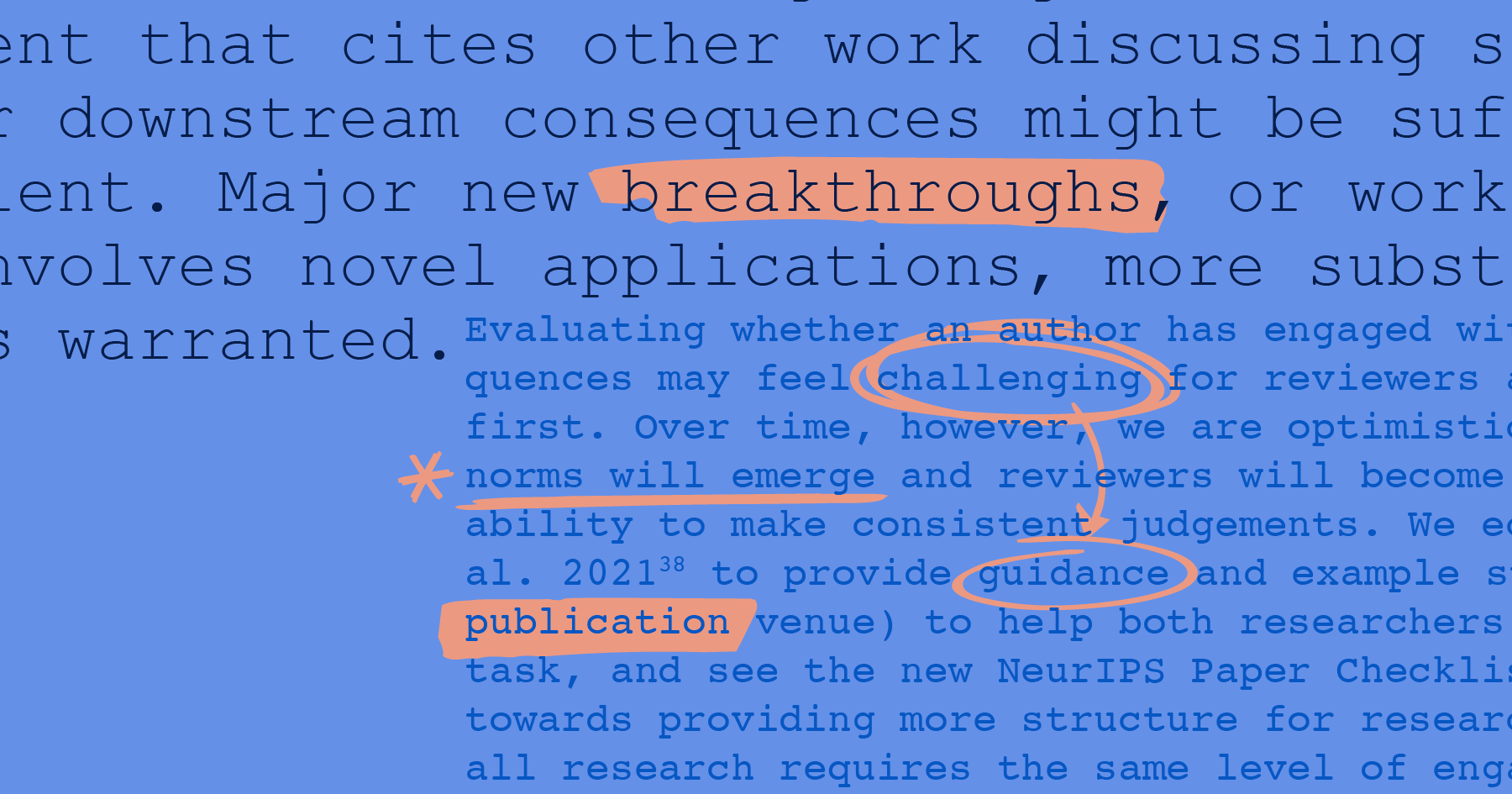
Managing the Risks of AI Research: Six Recommendations for Responsible Publication
Once a niche research interest, artificial intelligence (AI) has quickly become a pervasive aspect of society with increasing influence over our lives. In turn, open questions about this technology have, in recent years, transformed into urgent ethical considerations. The Partnership on AI’s (PAI) new white paper, “Managing the Risks of AI Research: Six Recommendations for Responsible Publication,” addresses one such question: Given AI’s potential for misuse, how can AI research be disseminated responsibly?
Many research communities, such as biosecurity and cybersecurity, routinely work with information that could be used to cause harm, either maliciously or accidentally. These fields have thus established their own norms and procedures for publishing high-risk research. Thanks to breakthrough advances, AI technology has progressed rapidly in the past decade, giving the AI community less time to develop similar practices.
Recent pilots, such as OpenAI’s “staged release” of GPT-2 and the “broader impact statement” requirement at the 2020 NeurIPS conference, demonstrate a growing interest in responsible AI publication norms. Effectively anticipating and mitigating the potential negative impacts of AI research, however, will require a community-wide effort. As a first step towards developing responsible publication practices, this white paper provides recommendations for three key groups in the AI research ecosystem:
- Individual researchers, who should disclose and report additional information in their papers and normalize discussion about the downstream consequences of research.
- Research leadership, which should review potential downstream consequences earlier in the research pipeline and commend researchers who identify negative downstream consequences.
- Conferences and journals, which should expand peer review criteria to include engagement with potential downstream consequences and establish separate review processes to evaluate papers based on risk and downstream consequences.
Additionally, this white paper includes an appendix which seeks to disambiguate a variety of terms related to responsible research which are often conflated: “research integrity,” “research ethics,” “research culture,” “downstream consequences,” and “broader impacts.”
This document represents an artifact that can be used as a basis for further discussion, and we seek feedback on it to inform future iterations of the recommendations it contains. Our aim is to help build our capacity as a field to anticipate downstream consequences and mitigate potential risks.
To read “Managing the Risks of AI Research: Six Recommendations for Responsible Publication” in full, click here.

